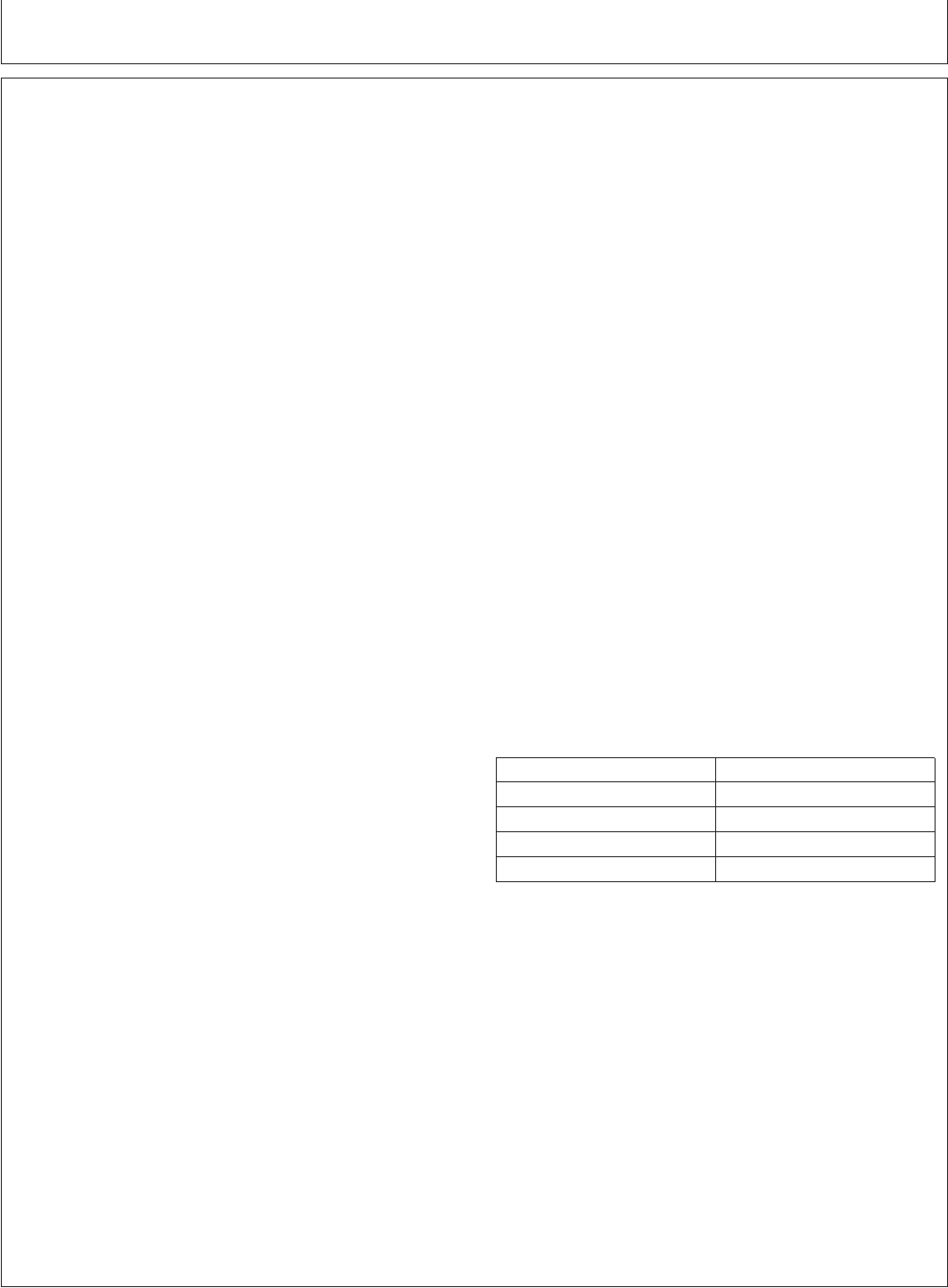
Fuels, Lubricants, and Coolant
DX,COOL7 –19–19DEC03–1/2
Additional Information About Diesel Engine Coolants and Supplemental Coolant
Additives
Engine coolants are a combination of three chemical
components: ethylene glycol or propylene glycol
antifreeze, inhibiting coolant additives, and quality
water.
Coolant specifications
Some products, including John Deere COOL-GARD
Prediluted Coolant, are fully formulated coolants that
contain all three components in their correct
concentrations. Do not add an initial charge of
supplemental coolant additives to these fully
formulated products.
Coolants meeting ASTM D6210 do not require an
initial charge of supplemental coolant additives.
Some coolant concentrates, including John Deere
COOL-GARD Coolant Concentrate, contain both glycol
antifreeze and inhibiting coolant additives. Mix these
products with quality water, but do not add an initial
charge of supplemental coolant additives.
Coolants meeting ASTM D4985 require an initial
charge of supplemental coolant additives.
Replenish coolant additives
The concentration of coolant additives is gradually
depleted during engine operation. Periodic
replenishment of inhibitors is required, even when
John Deere COOL-GARD or another fully formulated
coolant is used. Follow the recommendations in this
manual for the use of supplemental coolant additives.
Why use supplemental coolant additives?
Operating without proper coolant additives will result in
increased corrosion, cylinder liner erosion and pitting,
and other damage to the engine and cooling system. A
simple mixture of ethylene glycol or propylene glycol
and water will not give adequate protection.
Use of supplemental coolant additives reduces
corrosion, erosion, and pitting. These chemicals
reduce the number of vapor bubbles in the coolant and
help form a protective film on cylinder liner surfaces.
This film acts as a barrier against the harmful effects
of collapsing vapor bubbles.
Avoid automotive-type coolants
Never use automotive-type coolants (such as those
meeting ASTM D3306). These coolants do not contain
the correct additives to protect heavy-duty diesel
engines. They often contain a high concentration of
silicates and may damage the engine or cooling
system.
Water quality
Water quality is important to the performance of the
cooling system. Distilled, deionized, or demineralized
water is recommended for mixing with ethylene glycol
and propylene glycol base engine coolant concentrate.
All water used in the cooling system should meet the
following minimum specifications for quality:
Chlorides <40 mg/L
Sulfates <100 mg/L
Total dissolved solids <340 mg/L
Total hardness <170 mg/L
pH 5.5 to 9.0
Freeze protection
The relative concentrations of glycol and water in the
engine coolant determine its freeze protection limit.
COOL-GARD is a trademark of Deere & Company
10-14
110306
PN=40
Continued on next page


















